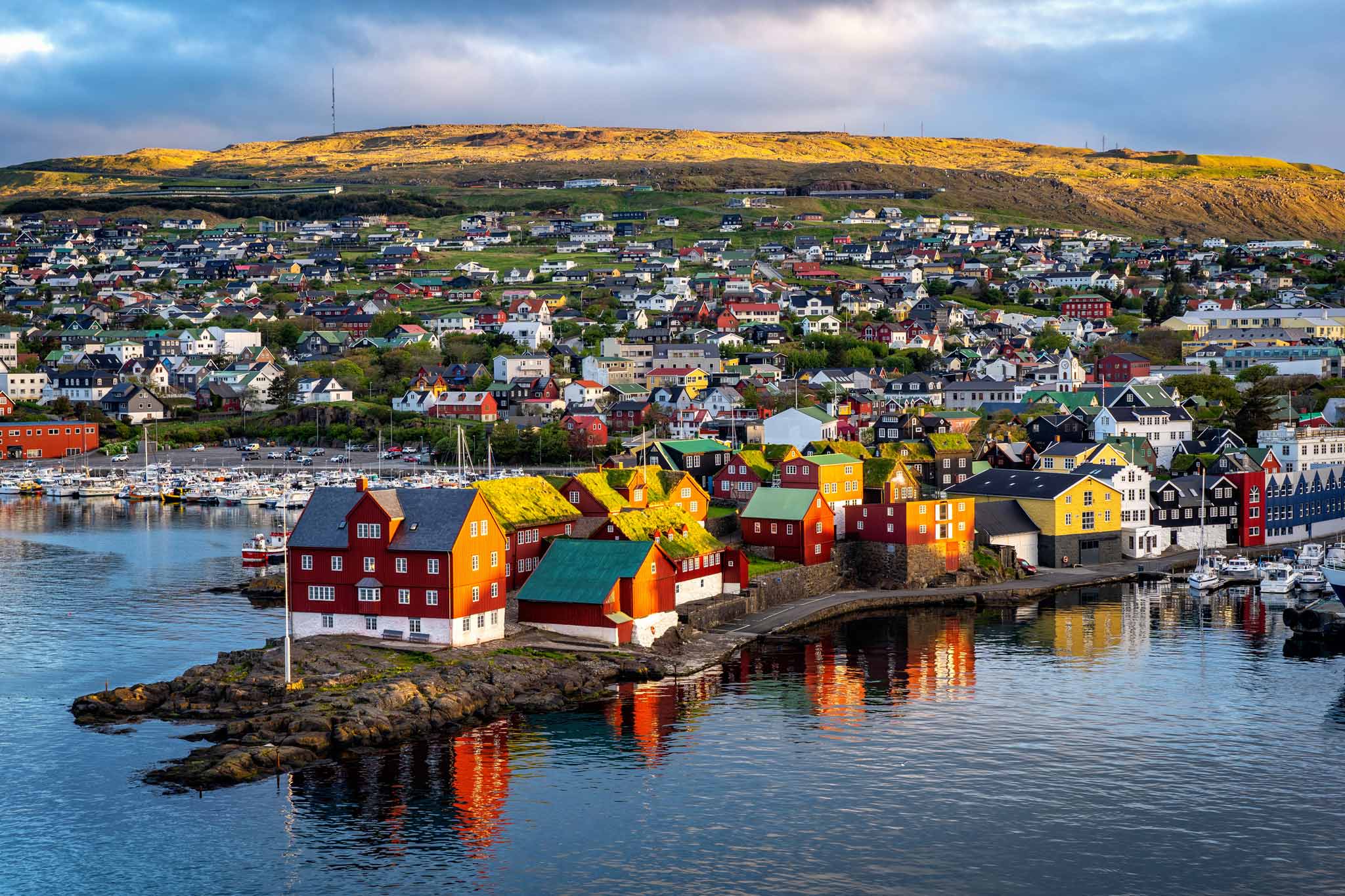Copenhagen Convention Bureau, Wonderful Copenhagen, just released an improved version of its pioneering Copenhagen Sustainability Guide that upholds a holistic and hands-on approach to sustainable business events and is in keeping with Wonderful Copenhagen’s ‘Copenhagen, All Inclusive’ strategy charting the path for a better future.
Based on the UN Sustainable Development Goals, the Copenhagen Sustainability Guide was one of the first to hit the international meetings industry when launched in 2019. Now, in its third edition, the advanced planning tool continues to highlight how the green ambitions of a given event may contribute to reduced CO₂ emissions, inspire more conscious decisions among organisers, and show how to nudge delegates towards creating better destinations.
The new guide also excels in improved usability, introduces Beyond Value Chain Mitigation (BVCM), and offers a stronger focus on transparency in actions and reporting on a given event’s post-effects. It provides more explicit insights into CO₂ indicators and the calculations thereof, and it feeds directly into Wonderful Copenhagen’s overall Net Zero Climate Roadmap.
Convention Director at Copenhagen Convention Bureau, Kit Lykketoft, comments on the guide: “Copenhagen has been a frontrunner in developing tools and guidelines for how to create more sustainable events for years, and we are proud to continue to be a pacesetter. Our Copenhagen Sustainability Guide is just one of many tangible tools available on the never-ending journey of bettering business tourism to become as sustainable as possible.”
“We never cease to focus on improving planning tools that help planners make conscious choices and reduce the negative impact of business events staged at our destination. Instead, we seek to help make decision-making processes more straightforward and of strong strategic value to the organisers,” Kit Lykketoft continues.
The 3.0 edition leads the planner through six categories: international transport, local transport, venue & event design, accommodation, and food and beverages, as well as a new BVCM category, focused on, for instance, supporting forestry and conservation projects. For each category, the guide helps calculate the potential emissions of each choice made more accurately and with improved transparency. The guide helps with calculating the potential emissions of each choice and with improving transparency.
The updated guide also offers a new post-event feature calculating actual emissions of a given event, more details on baseline emissions per delegate, and the possibility of benchmarking with other recent events held in the city. Advice on other key sustainability factors like social responsibility, legacy work, and impact matters is also available in the online universe.
“We continually focus on the mutual learning and inspiration we gain through sustainability conversations with the value chain, and so the guide and everyone’s green efforts keep evolving,” says Kit Lykketoft.
The Copenhagen Sustainability Guide 3.0. is available online and free of charge, as is further advice and consultancy on creating sustainable events in the city provided by the local convention bureau experts.



